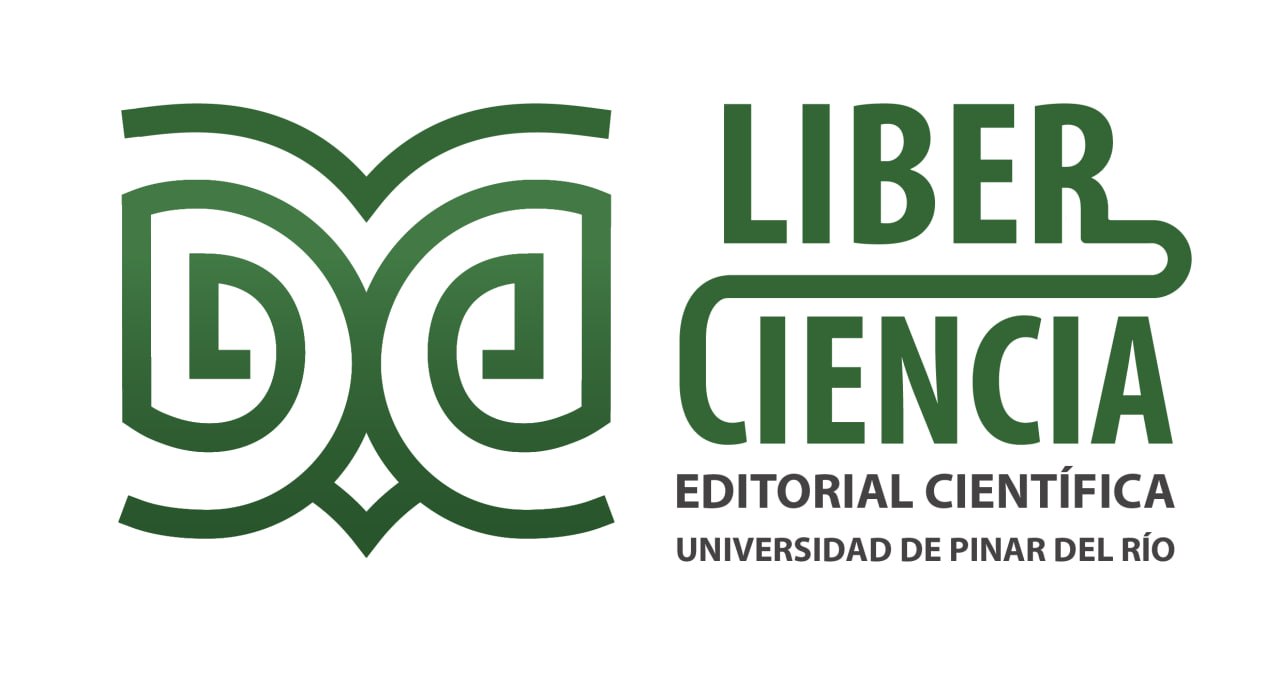Proposal for a psycho-educational program to promote empowerment in old age III Taller “Universidad, Envejecimiento y Desarrollo Sostenible”
Main Article Content
Abstract
Empowerment in old age is a necessary pillar in order to achieve a more just, equitable, inclusive and sustainable society. The objective of this work is to characterize a proposal for a psychoeducational program from the theoretical and methodological levels, taking into account the gerontological perspective as a framework of analysis. The results express the benefits of a social nature before the implementation of a program of this type, which result in the strengthening of critical awareness, self-assessment processes and the social influence of the elderly. First, the definition of empowerment, the structural and/or dynamic components of the process, the mechanisms and levels of action of empowerment are identified at the theoretical level. Elements linked to psychoeducational intervention in the elderly are also outlined, rescuing the importance of experiential knowledge and reactivation of skills in old age. The following are established as methodological keys of the psychoeducational program: firstly, the Lifelong Learning paradigm and participatory-action research, assuming its essential characteristics of 1) cyclical and recursive, 2) participatory, 3) qualitative and 4) reflective. The methods, techniques and instruments are characterized: participant observation, focus groups and workshop as a methodological strategy. It also describes in a general way the objectives, evaluation mechanisms, thematic structure and modality of registration and analysis of the information of the psychoeducational program proposal to promote empowerment in old age.
Downloads
Article Details

This work is licensed under a Creative Commons Attribution-NonCommercial 4.0 International License.
References
Bermejo, L. (2010). Envejecimiento activo y actividades socioeducativas con personas mayores. Guía de buenas prácticas. España: Médica Panamericana.
Bisquerra, A. R. (1998). Modelos de Orientación e Intervención Psicopedagógica. Barcelona: Praxis.
Cano, A. (julio-diciembre 2012) La metodología de taller en los procesos de educación popular. ReLMeCS, 2(2), 22-52. Recuperado de: http://www.relmecs.fahce.unlp.edu.ar/
Causapié, P., Balbontín, A., Porras, M., & Mateos, A. (2011). Envejecimiento activo. Madrid: Libro Blanco.
Clares, M. (2002). La Orientación Psicopedagógica: Modelos y Estrategias de Intervención. Madrid: EOS.
Gutiérrez, D. (enero-febrero 2009). El taller como estrategia didáctica. Razón y Palabra, (66). http://www.redalyc.org/articulo.oa?id=199520908023
Henao, G. C., Ramírez, L. A. y Ramírez, C. (2006) Qué es la intervención psicopedagógica: definición, principios y componentes. AGO.USB, 6(2), 215-226. https://d1wqtxts1xzle7.cloudfront.net/38627809/Agora_Diez_Tema_4_Que_es_la_Intervencion_Psicopedagogica-with-cover-page-v2.pdf
Hernández, J., & Martínez, P. (1996). Propuesta metodológica para evaluar programas de orientación educativa. RELIEVE Revista Electrónica de Investigación y Evaluación Educativa, 2(2), 1-15. http://www.uv.es/RELIEVE/v2n2/RELIEVEv2n2_1.htm
Iacub, R. (2012). El poder en la vejez. Entre el desempoderamiento y el empoderamiento. Buenos Aires: Pami.
Latorre, A. (2005) La investigación-acción. Conocer y cambiar la práctica educativa. Barcelona: Editorial Graó.
López la Vera, B. (2010). La transición entre ocupar el tiempo libre y empoderar: perspectivas de la educación universitaria dirigida al adulto mayor. Ageing Horizons, (9), 82-99.
Oficina Nacional de Estadística e Información (ONEI). (2022). El Envejecimiento de la Población. Cuba y sus territorios. Centro de Estudios de Población y Desarrollo (CEPDE), La Habana.
Orte, C., & March, M. (2015). Envejecimiento, educación y calidad de vida. la construcción de una gerontología educativa. Revista española de pedagogía. 237, pp. 257-274.
Pring, R. (2000) Philosphical of Educational Research. Londres: Continuum.
Rizvi, F. (2010) La educación a lo largo de la vida: más allá del imaginario neo-liberal. Revista Española de Educación Comparada, 16, 185-210. https://www.researchgate.net/publication/307652886_La_educacion_a_lo_largo_de_la_vida_mas_alla_del_imaginario_neoliberal/link/57da7aaa08ae72d72ea2ca31/download
Sánchez-Vidal, A. (diciembre de 2017). Empoderamiento, liberación y desarrollo humano. Psychosocial Intervention, 26(3), 155-163.
Sánchez, L., Orosa, T., Henriquez, P., Menéndez J., González A. (2020) Approaches to the empowerment of older people in Cuba. The PIESPLAZA project experience. Population Horizons LARNA Special Issue 2020. https://www.ageing.ox.ac.uk/publications/view/731
Soler P., Planas A., Ciraso-Calí A., Ribot-Horas A. (2014). Empoderamiento en la comunidad. El diseño de un sistema abierto de indicadores a partir de procesos de Evaluación Participativa. Pedagogía Social. Revista Interuniversitaria, (24), 49-77.
Soto, A. y González, S. (2014) Evaluación de un programa de intervención con familias para la reducción de conductas antisociales en los menores. Revista Española de Orientación y Psicopedagogía, 25(2), 56-73.
Tovar, M. de los A. (1995). La investigación acción: una metodológica alternativa para la intervención comunitaria. Revista Cubana de Psicología, 12(1-2), 39-43.
Triadó, C., Celdrán, M., Conde, Ll., Montoro, J., Pinazo, S. y Villar, F. (2008) Envejecimiento productivo: la provisión de cuidados de los abuelos a los nietos. Implicaciones para su salud y bienestar.https://www.imserso.es/InterPresent2/groups/imserso/documents/binario/en vejproductivo.pdf
Zambrano, G., Tejada, J. y González, A. P. (2007) El programa, su diseño y evaluación como estrategia de mejora educativa. Evaluación e Investigación, 2(2), 68-80.




